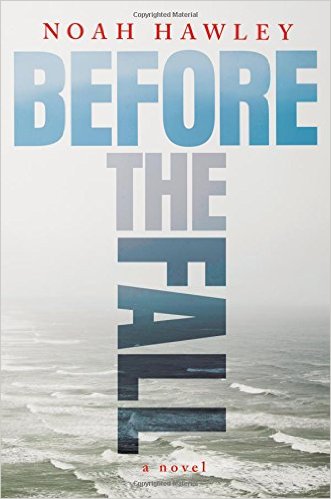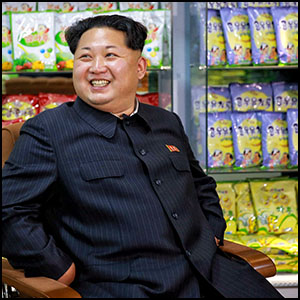![Erdal Kuyumcu Profile Picture via Twitter https://pbs.twimg.com/profile_images/464791561411100672/RgTttX-J.jpeg [Fair Use] All in a Day's Work by Damian Gadal via Flickr https://flic.kr/p/5xQkWj [Fair Use]](https://www.exportlawblog.com/images/kuyumcu.jpeg)
ABOVE: Erdal Kuyumcu
This blog reported earlier on the case against Erdal Kuyumcu in connection with exports of an EAR99 Cobalt Nickel powder (CoNiCrAIY) to Iran. In that initial post, I questioned the government’s evidence that Mr. Kuyumcu knew that his sales of this powder to a customer in Turkey were destined to Iran, noting that the criminal complaint based its allegations on the “training and experience” of an investigating agent who felt that unrelated emails discussing Iran covered these shipments. (I also mocked the agent’s claim that a “[b]ased on my training and experience … [a] colon followed by a close parenthesis … represents a smiley face.”)
Yesterday the Department of Justice issued a press release stating that Mr. Kuyumcu had pleaded guilty to the charges against him. Of course, the DoJ, as usual, could not restrain itself from misleading hyperbole in the process of patting itself on its own back:
Kuyumcu, a United States citizen, conspired to export from the United States to Iran a metallic powder composed of cobalt and nickel without having obtained the required license from the U.S. Treasury Department’s Office of Foreign Assets Control (OFAC). The metallic powder can be used to coat gas turbine components, such as turbine blades, and can also be used in aerospace, missile production, and nuclear applications. Such specialized metals are closely regulated by the U.S. Department of Commerce to combat nuclear proliferation and protect national security, and exporting them without an OFAC license is illegal.
Why, you ask, if CoNiCrAIY powder is “closely regulated” by the U.S. Department of Commerce was its export a violation of OFAC rules? Good question. CoNiCrAIY powder is EAR99 and its export is not regulated, either “closely” or otherwise, by the Department of Commerce. Perhaps the DoJ has gotten confused, innocently or otherwise, by ECCN 2E003.f which controls certain “technology” for application of certain specified inorganic compounds, including CoNiCrAIY and similar compounds, on non-electronic substrates. But even this is not tantamount to close regulation of the powder because other inorganic compounds covered within these controls of deposition technology include tungsten and oxides like, er, carbon dioxide. By this logic, if Kuyumcu exported a carbonated soft drink to Iran, the DoJ could claim that he exported a product to Iran “closely regulated” by the Department of Commerce.
Once again, we see that the government can misinterpret export laws and regulations with immunity while everyone else does so at their peril.

 Posted by
Posted by  Category:
Category: 


![Money by Nick Ares [CC-BY-SA-2.0 (http://creativecommons.org/licenses/by-sa/2.0)], via Flickr https://flic.kr/p/55FLSR [cropped and processed] Money by Nick Ares [CC-BY-SA-2.0 (http://creativecommons.org/licenses/by-sa/2.0)], via Flickr https://flic.kr/p/55FLSR [cropped and processed]](https://www.exportlawblog.com/images/money.jpg)
![OA 4 Launch by NASA via http://www.nasa.gov/sites/default/files/styles/full_width_feature/public/thumbnails/image/oa-4-launch-1c_0.jpg?itok=LZznlmsx [Public Domain - Work of U.S. Government] OA 4 Launch by NASA via http://www.nasa.gov/sites/default/files/styles/full_width_feature/public/thumbnails/image/oa-4-launch-1c_0.jpg?itok=LZznlmsx [Public Domain - Work of U.S. Government]](https://www.exportlawblog.com/images/atlas_launch.jpg)



